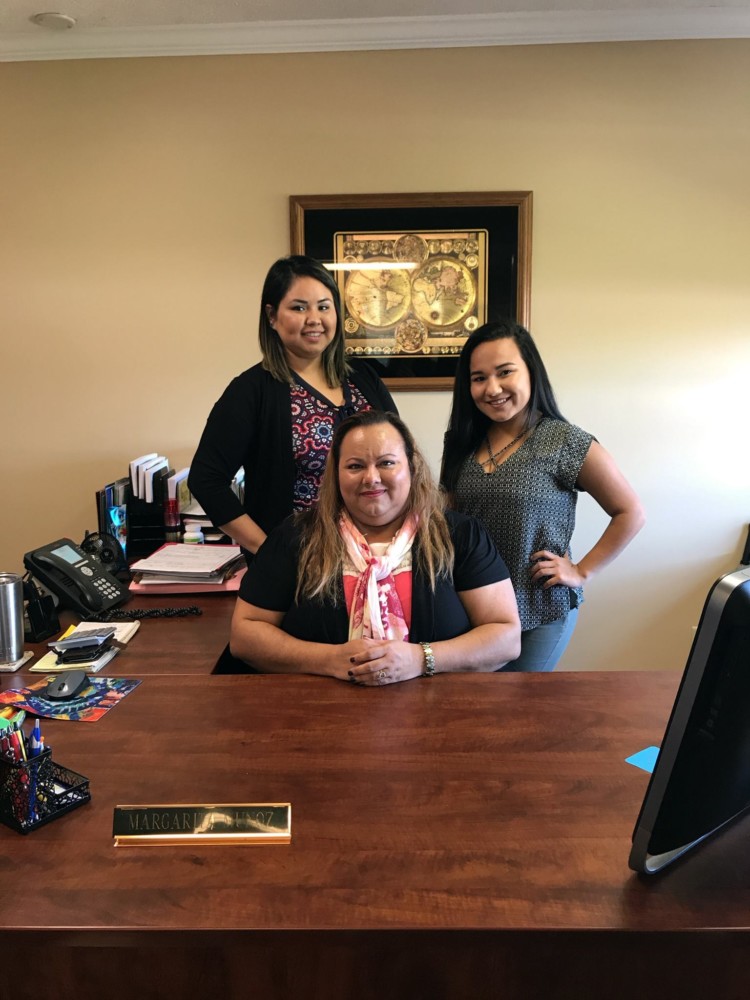By Joshua Silavent
The Times, Gainesville, Ga.
WWR Article Summary (tl;dr) Camille Viera says she got her entrepreneurial start in 2005 after working as the branch manager of Gainesville Bank & Trust, a job that allowed her to form relationships and make connections in the local business community.
The Times, Gainesville, Ga.
Camille Viera, a Gainesville business owner of Puerto Rican descent, is part of a growing economic engine that has taken hold in communities across the country.
“I have been so blessed,” she said.
About 1.2 million of the 12.2 million business owners in the United States are immigrant Latinos, according a January 2018 report from the U.S. Small Business Administration based on the latest census figures.
Are you a Latino business owner?
The Stanford University Latino Entrepreneurship is hosting a survey and looking for respondents. To learn more, visit www.GALatinoEntrepreneurship.org. The survey is available here: English version; Spanish version
This subset of business owners generates $36.5 billion in income despite a number of constraints and barriers to entry, be they cultural or financial, according to the report.
Meanwhile, an estimated 600,000 additional business owners in the United States are U.S.-born Latinos.
Gabriel Velazquez Jr., also a Gainesville business owner, fits in this crowd, which generates $26 billion in income, the report states.
“We are growing,” he said of his restaurant, Taqueria El Mercadito, located on Pearl Nix Parkway.
Both Viera and Velazquez are participating in a survey launched by the Stanford University Latino Entrepreneurship Initiative to help collect data on small and medium-sized Latino-owned businesses in Georgia.
The Hispanic Alliance Georgia, a Gainesville-based nonprofit, is collaborating with the research study that aims to catalogue the assets, opportunities, barriers to entry and ongoing challenges of Latino entrepreneurs.
“The study, the first of its kind in the state, will benchmark Georgia against national averages and the findings will be used to help us develop more effective programing and services,” said director Vanesa Sarazua.
Sarazua said all responses would remain confidential and will only be accessed by local researchers from Emory University, the University of Georgia and Stanford.
Her organization is helping to recruit survey respondents through social media and with direct visits to local Latino-owned businesses.
Viera, who owns a local income tax preparation and notary service, and has two partnerships in real estate and insurance, said taking the survey made her reflect deeply on how she got started and where she hopes to take her businesses in the coming years.
She got her entrepreneurial start in 2005 after working as the branch manager of Gainesville Bank & Trust, a job that allowed her to form relationships and make connections in the local business community.
By the time she decided to step out on her own, “The people from the community already knew me,” Viera said.
She is now under contract to purchase a building for her businesses, rather than continuing to lease, but finding an affordable and desirable location was difficult, Viera said.
And that brings to her mind the advice she would give young immigrant entrepreneurs just starting up.
“Be persistent,” Viera said. “The first few years are an investment.”
But Vierra is also confident that immigrants have a certain fortitude to be successful is business.
“They didn’t take the risk to come her just to live,” she said. “They want to do better.”
Velazquez, who was born in Los Angeles to first-generation immigrants, said his family opened a meat market, or carniceria, and grocery store in the late 1990s along Atlanta Highway.
The store also included a small “hot food” stand that eventually became the biggest source of revenue for the business.
So in 2015, Velazquez and his family relocated and reopened as a full-service restaurant.
The new location serves future goals for Velazquez, as well.
“I feel like for us to grow, we do have to be a business that is better exposed to everyone,” he said. “On top of that, everyone loves Mexican food.”
He added that a significant percentage of his patrons are now of non-Latino origin.
The success and growth of Latino entrepreneurship in the United States over the last two decades has encouraged Velazquez to dream big. He hopes to open multiple locations of El Mercadito in the coming years.
Velazquez said a kind of failure-is-not-an-option mentality is what he thinks motivates immigrants to take on the risks involved in starting a business from the ground up.
“Starting your own business is a scary thing,” he said, adding that immigrants have already been exposed and had to overcome language and cultural challenges. “(They) know how to deal with the unknown. (They) know how to deal with the adversity.”














































































































































































































































































































































































